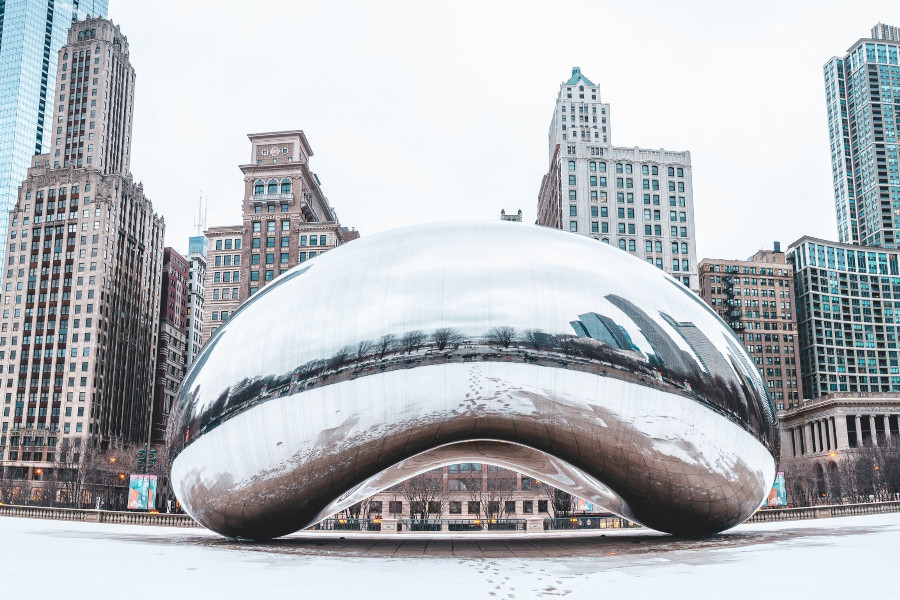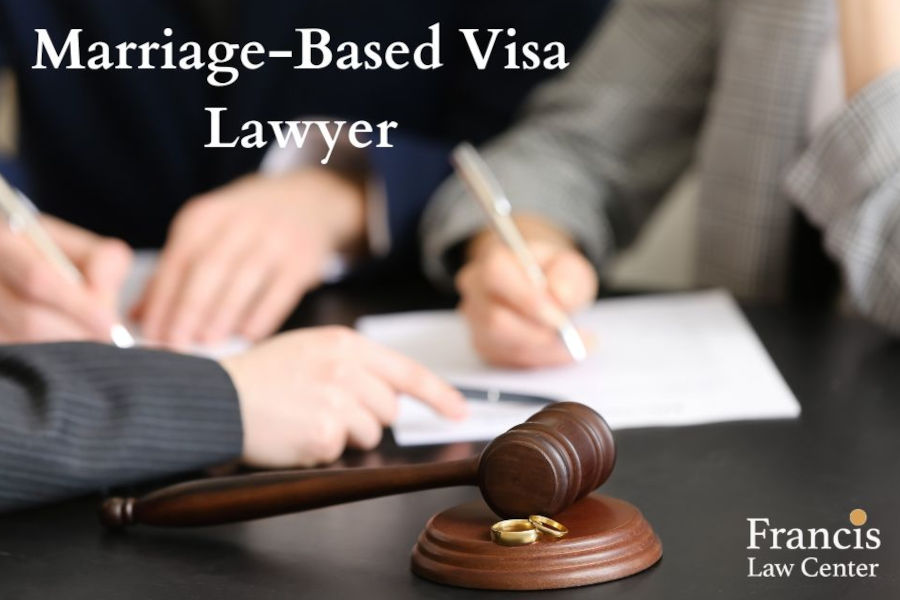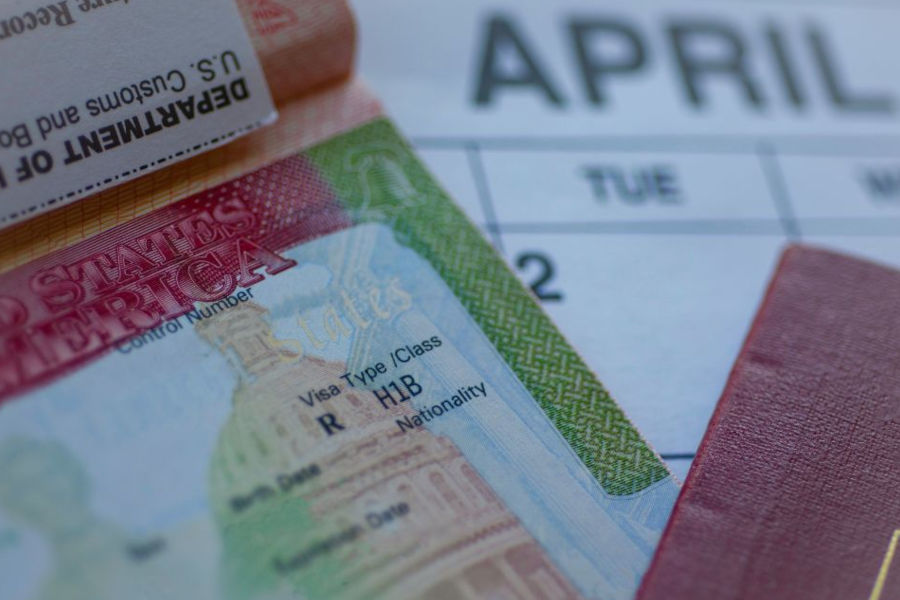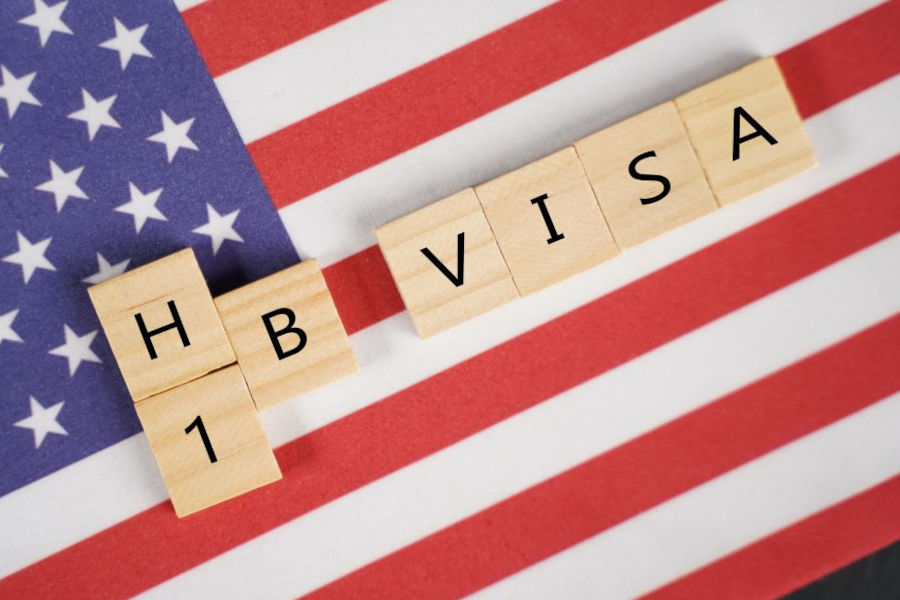A group of non-profit organizations are suing the United States Citizenship and Immigration Services (USCIS) and the Department of Homeland Security (DHS) in federal district court in California over the agencies’ proposed rule change that massively increases the fees for citizenship applicants. For instance, the proposed rule, which would take effect on October 2, 2020, would increase fees for citizenship applicants to $1,170. The previous fee was $640, while many applicants received fee waivers, meaning their cost could go from $0 to $1,170 if the rule takes effect.
Like the recent lawsuit in a federal court in Massachusetts, this lawsuit argues that the new rule is unlawful and should be set aside by the court. The nonprofits in this case claim that the law is void and without effect under the Homeland Security Act, the Federal Vacancies Reform Act of 1998, and the Appointments Clause of the U.S. Constitution because it was proposed under two separate Acting Secretaries of DHS, who lacked the constitutional or statutory authority to do so. They further argue that the law is procedurally invalid and contrary to law under the Administrative Procedures Act because it is arbitrary and capricious, and the law violates the Due Process and Equal Protection Clauses of the U.S. Constitution because it denies indigent people the right to access statutory procedures for seeking immigration benefits.
However, this lawsuit is more broadly focused on the wide array of fee increases and their impact on those seeking naturalization and asylum. The Massachusetts lawsuit, while similar in scope (seeking to block and vacate the overall rule) focused more intensely on the fee increases for N-400 applications.
The non-profit groups are asking the court to enter a preliminary and permanent nationwide injunction preventing DHS and USCIS from implementing or enforcing the rule. Federal courts have bristled at nationwide injunctions of late when it comes to immigration law, often shrinking the scope of such injunctions to just the areas pertaining to the plaintiffs or within the court’s jurisdiction. This complaint, and others, are only recently filed so it is imperative to follow these cases closely for updates on the implications to the proposed rule. We will stay on top of this, and other lawsuits, to provide you with the most up-to-date information on these USCIS fee increases.
This information is intended to educate and should not be taken as legal advice.
Written by Francis Law Center Staff Alex Gelhar

